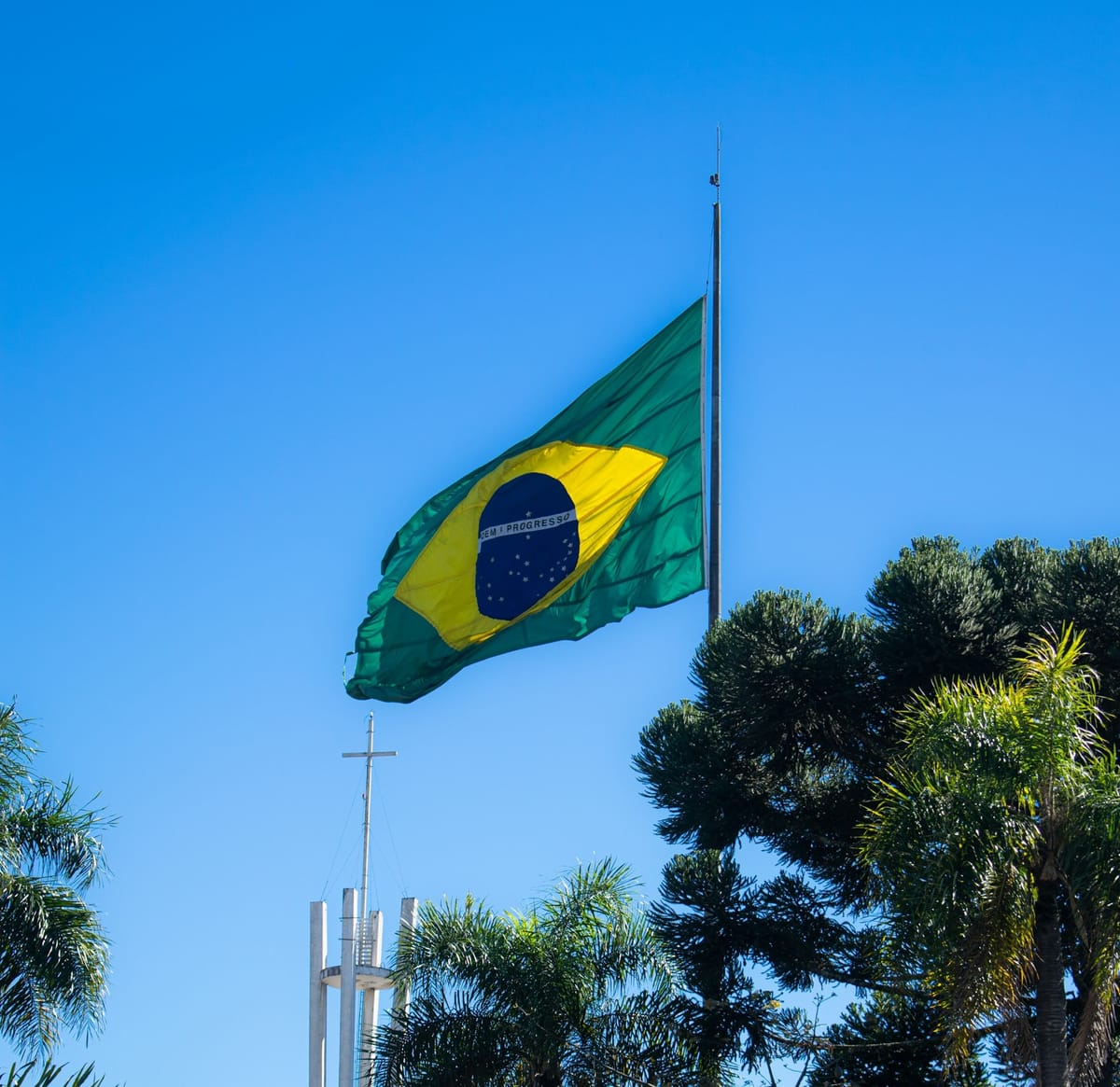Navigating Brazil's Data Privacy Landscape: A Deep Dive into the LGPD

In an increasingly data-driven world, safeguarding personal information has become a paramount concern for businesses globally. Brazil, with its rapidly expanding digital economy and vibrant online communities, has firmly established itself in this landscape with the Lei Geral de Proteção de Dados Pessoais (LGPD - Law No. 13709/2018). Enacted on September 18, 2020, with administrative penalties becoming enforceable from August 1, 2021, the LGPD represents a substantial shift in Brazilian law, unifying over 40 previous regulations on personal data processing. In 2022, data privacy was even enshrined as a fundamental right in the Brazilian Constitution.
The LGPD: Brazil's Answer to Data Protection
Inspired by the European Union's General Data Protection Regulation (GDPR), the LGPD provides a robust framework for handling digitally stored personal data in both the private and public sectors. However, it is crucial to recognize that compliance with GDPR does not automatically equate to full LGPD compliance, as there are notable differences.
The law's applicability is broad, covering any personal data processing activities carried out in Brazil, relating to individuals located in Brazil, or aimed at offering goods or services to individuals in the country. This extraterritorial reach means businesses worldwide must understand its implications if they interact with the Brazilian market or its citizens.

Key Principles and Data Subject Rights
The LGPD is built upon ten core principles that dictate how personal data must be processed. These include:
- Purpose: Data must be processed for legitimate, specific, and explicit purposes.
- Adequacy and Necessity: The data collected must be adequate and the minimum necessary for the stated purpose.
- Transparency: Clear, precise, and easily accessible information about data processing activities must be provided.
- Security and Prevention: Appropriate technical and administrative measures must be in place to protect personal data from unauthorized access or breaches.
- Accountability: Controllers and processors must be able to demonstrate effective compliance with data protection rules.
Crucially, the LGPD empowers individuals by granting them significant rights over their personal data. These include the right to confirm data processing, access, correct, delete, or anonymize their data, and request data portability. Individuals also have the right to information about data sharing and the consequences of withholding consent, along with the ability to withdraw consent at any time. Businesses must have clear procedures to handle these requests promptly, with some simplified responses required immediately and more detailed ones within 15 days.
The Role of the ANPD and Enforcement
The National Data Protection Authority (ANPD - Autoridade Nacional de Proteção de Dados) is the central regulatory body responsible for implementing, supervising, and enforcing the LGPD. Established in late 2020 and gaining independent status in June 2022, the ANPD issues regulations, investigates violations, and imposes sanctions.
A critical aspect of LGPD compliance is data breach notification. Resolution No. 15, approved in April 2024, mandates that data controllers notify the ANPD and affected data subjects within three business days of confirming an incident that may entail a "relevant risk or damage". This includes breaches involving sensitive personal data, data of children/adolescents/elderly, financial or authentication data, or large-scale data. Notifications must detail the affected data, risks, mitigation measures, and a point of contact, such as a Data Protection Officer (DPO). Controllers must also maintain a record of all data breaches for a minimum of five years, regardless of notification.
Non-compliance can lead to significant penalties. These include warnings, blocking or elimination of data, public disclosure of the violation, and fines of up to 2% of a company's revenue in Brazil, capped at R$50 million per violation. Daily fines can also be imposed until compliance is achieved. Recent enforcement actions by the ANPD include fines for processing data without a lawful basis (Telekall Infoservice), delayed breach notifications (IAMSPE), and even an operational ban and daily fines for using personal data from social media to train AI models without consent (Meta Platforms).
Compliance in a High-Risk Environment
Brazil's digital landscape is highly susceptible to cyber threats, making LGPD compliance even more critical. The country is among the top 10 most attacked globally and the most attacked in Latin America. Persistent threats include:
- Ransomware: With 248 distinct incidents in one year and 166 directly targeting Brazil, groups like LockBit 3.0, Conti, and ALPHV BlackCat are highly active.
- Phishing: Brazil was ranked first worldwide for phishing attacks in 2014, with over 1,449 incidents recorded in one year, often exploiting social engineering tactics.
- Data Breaches: Large-scale personal data leakages are a significant concern, with one incident exposing data of 223 million people, including sensitive information like salaries, credit scores, and tax identifiers. Data and databases are the most frequently traded items on the Dark Web related to Brazilian entities.
- Banking Trojans: Brazil is a prominent source of banking Trojans, with malware like "GoPix" specifically targeting payment systems and Grandoreiro malware stealing credentials.

This high threat environment, coupled with the rapid pace of digital transformation, means that organizations must prioritize robust security measures to protect personal data. A lack of reporting requirements in the past often meant companies preferred to pay ransoms or stay silent, hindering collective defense. The LGPD and ANPD's proactive stance aim to change this by mandating reporting and ensuring accountability.
Achieving and Maintaining Compliance
Implementing LGPD compliance requires a proactive and comprehensive approach. Organizations should:
- Conduct Data Inventories: Map all data processing operations, especially those in or related to Brazil.
- Perform Risk Assessments: Identify likely high-risk processing operations and document mitigation strategies, eventually aligning with ANPD guidelines on Data Protection Impact Assessments (DPIAs).
- Appoint a DPO: Unlike GDPR, the LGPD generally mandates a Data Protection Officer (DPO) for all businesses, though ANPD guidance on exemptions for small entities is still evolving.
- Manage International Data Transfers: Transfers outside Brazil are subject to strict conditions, generally requiring an adequate level of protection in the recipient country or sufficient guarantees like standard contractual clauses.
- Integrate Privacy by Design: Embed data protection principles into processes and systems from the outset.
- Continuous Monitoring and Training: Regularly review and update privacy programs, provide ongoing staff training, and conduct security audits.
While Brazil faces challenges such as an acute shortage of ICT professionals, political obstacles to legal architecture, and uneven progress in cyber defense, the LGPD marks a significant step towards greater data security. It incentivizes businesses to build trust and demonstrates a commitment to ethical data handling, which is increasingly becoming a competitive differentiator.

In conclusion, LGPD compliance is not merely a legal obligation but a fundamental pillar of trust in Brazil's evolving digital economy. As the ANPD continues to clarify regulations and intensify enforcement, businesses must adopt proactive measures to protect personal data, avoid substantial penalties, and uphold their reputation in this critical market.








